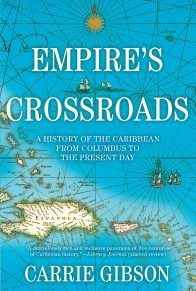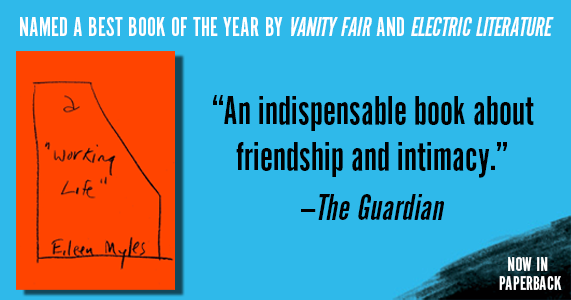About The Book
In 1981 ten men starved themselves to death inside the walls of Long Kesh prison in Belfast. While a stunned world watched and distraught family members kept bedside vigils, one “soldier” after another slowly went to his death in an attempt to make Margaret Thatcher’s government recognize them as political prisoners rather than common criminals.
Drawing extensively on secret IRA documents and letters from the prisoners smuggled out at the time, David Beresford tells the gripping story of these strikers and their devotion to the cause. An intensely human story, Ten Men Dead offers a searing portrait of strife-torn Ireland, of the IRA, and the passions – on both sides – that Republicanism arouses.
Praise
“In their testament to the human spirit, the letters that form the spine of this book are nothing less than the Irish equivalent of the diary of Anne Frank.” –from the introduction by Peter Maas
“An excellent history of the 1981 hunger strike in Ireland that details the broad cast of characters with insight and care.” –from The New York Times Book Review‘s “Best Books of 1989”
“Beresford puts in human terms the conduct of an often frightful and inhumane struggle. He makes the incomprehensible comprehensible; that is, he makes understandable how ten men could face their own death, brought on by voluntary fasting, even while watching their comrades waste and wither away.” –Commonweal
“Possibly the best book to emerge from the past 20 years of the conflict in Northern Ireland. It is one of the very few that will still be read when the present phase of Irish history is over.” –The Observer















